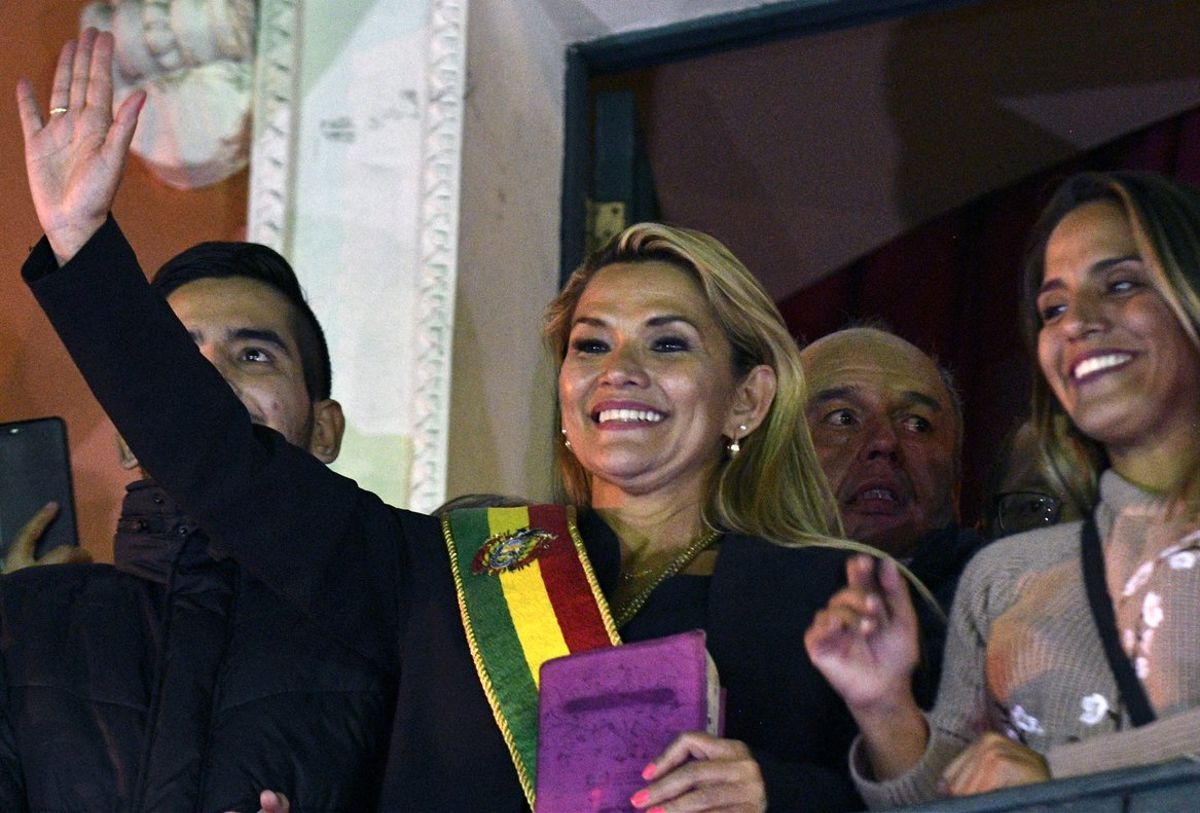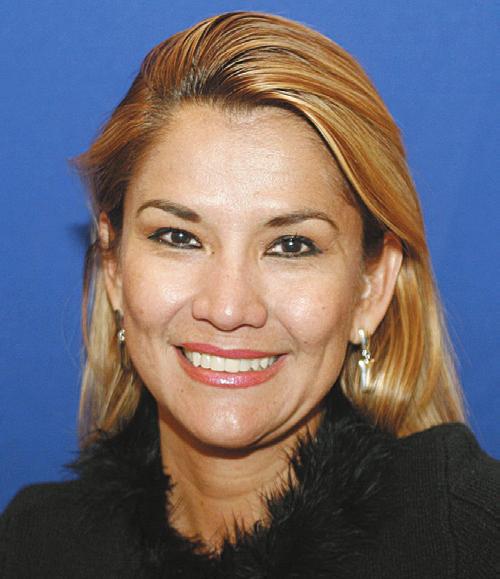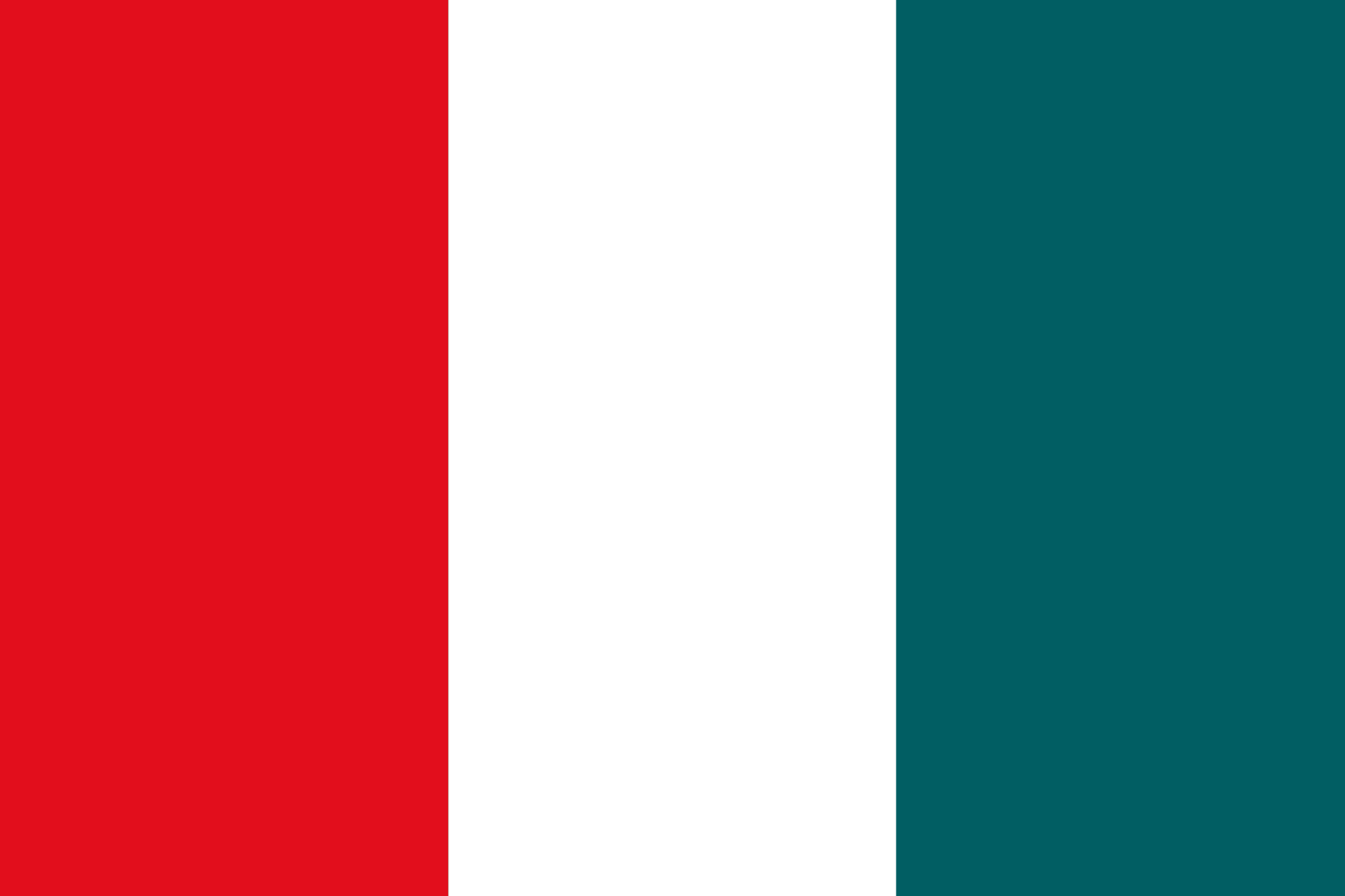|
2019 Bolivian Political Crisis
A political crisis occurred in Bolivia on 10 November 2019, after 21 days of civil protests following the disputed 2019 Bolivian general election in which incumbent President Evo Morales was initially declared the winner. The elections took place after a referendum to amend the Bolivian constitution, which limits the number of terms to two, was rejected in 2016, but the Supreme Court of Justice ruled that all public offices would have no term limits despite what was established in the constitution and allowing Evo Morales to run for a fourth term. An audit by the Organization of American States (OAS),Anthony Faiola & Rachelle KrygierBolivia's Morales agrees to new elections after OAS finds 'manipulation' ''Washington Post'' (10 November 2019). which released a full report afterwards, concluded that significant irregularities happened during the electoral process. Observers from the European Union released a report with similar findings and conclusions as the OAS. The military ... [...More Info...] [...Related Items...] OR: [Wikipedia] [Google] [Baidu] |
Jeanine Áñez
Jeanine Áñez Chávez (; born 13 June 1967) is a Bolivian lawyer, politician, and television presenter who served as the 66th president of Bolivia from 2019 to 2020. A former member of the Social Democratic Movement, she previously served two terms as senator for Beni from 2015 to 2019 on behalf of the Democratic Unity coalition and from 2010 to 2014 on behalf of the National Convergence alliance. During this time, she served as second vice president of the Senate from 2015 to 2016 and in 2019 and, briefly, was president of the Senate, also in 2019. Before that, she served as a uninominal member of the Constituent Assembly from Beni, representing circumscription 61 from 2006 to 2007 on behalf of the Social Democratic Power alliance. Born in San Joaquín, Beni, Áñez graduated as a lawyer from the José Ballivián Autonomous University, then worked in television journalism. An early advocate of departmental autonomy, in 2006, she was invited by the Social Democratic Powe ... [...More Info...] [...Related Items...] OR: [Wikipedia] [Google] [Baidu] |
2020 Bolivian General Election
General elections were held in Bolivia on 18 October 2020 for President, Vice-President, and all seats in both the Senate and Chamber of Deputies. Luis Arce of the Movement for Socialism (MAS) party was elected president in a landslide, winning 55% of the vote and securing majorities in both chambers of the Plurinational Legislative Assembly. The results of the election superseded the disputed results of the October 2019 elections, which were annulled during a prolonged political crisis. Although the winning party received a higher proportion of the vote in 2020 than in the previous annulled elections, for the first time since 2009 the winning party did not have a two-thirds majority in the Legislative Assembly, meaning that some functions would require cross-party support. For the first time, the Senate will contain a majority of female senators. Electoral authorities had initially scheduled the elections for 3 May 2020. They were postponed due to the ongoing COVID-19 pandem ... [...More Info...] [...Related Items...] OR: [Wikipedia] [Google] [Baidu] |
Luis Fernando Camacho
Luis Fernando Camacho Vaca (born 15 February 1979) is a Bolivian activist, businessman, lawyer, and politician serving as the 2nd governor of Santa Cruz since 2021. He is the leader of Creemos, opposition bench in the Plurinational Legislative Assembly and was the chair of the Santa Cruz Civic Committee in 2019. Camacho emerged as a major critic of President Evo Morales and influential public figure during the highly controversial 2019 Bolivian general election, demanding Morales resign on 5 November 2019. Following Morales' resignation on 10 November 2019 and the scheduling of new elections, Camacho entered Bolivian politics as a presidential candidate for the right-wing party Creemos along with Potosi Civic Committee leader Marco Pumari as his running mate. Camacho would go on to receive 14% of the vote, but losing to Luis Arce or Carlos Mesa in every Bolivian department except his birthplace of Santa Cruz. In the 2021 regional elections, he was elected Governor of Santa ... [...More Info...] [...Related Items...] OR: [Wikipedia] [Google] [Baidu] |
Carlos Mesa
Carlos Diego de Mesa Gisbert (; born 12 August 1953) is a Bolivian historian, journalist, and politician who served as the 63rd president of Bolivia from 2003 to 2005. As an independent politician, he previously served as the 37th vice president of Bolivia from 2002 to 2003 under Gonzalo Sánchez de Lozada and was the international spokesman for Bolivia's lawsuit against Chile in the International Court of Justice from 2014 to 2018. A member of the Revolutionary Left Front, he has served as leader of Civic Community, the largest opposition parliamentary group in Bolivia, since 2018. Born in La Paz, Mesa began a twenty-three-year-long journalistic career after graduating from university. He rose to national fame in 1983 as the host of ''De Cerca'', in which he interviewed prominent figures of Bolivian political and cultural life. His popular appeal led former president Gonzalo Sánchez de Lozada of the Revolutionary Nationalist Movement (MNR) to invite him to be his runn ... [...More Info...] [...Related Items...] OR: [Wikipedia] [Google] [Baidu] |
Rubén Medinaceli
Rubén Medinaceli Ortiz (born 17 January 1952) is a Bolivian senator. He resigned in the 2019 Bolivian political crisis alongside President Evo Morales Juan Evo Morales Ayma (; born 26 October 1959) is a Bolivian politician, trade union organizer, and former cocalero activist who served as the 65th president of Bolivia from 2006 to 2019. Widely regarded as the country's first president to c .... References Members of the Senate of Bolivia 1952 births Living people Place of birth missing (living people) {{Bolivia-politician-stub ... [...More Info...] [...Related Items...] OR: [Wikipedia] [Google] [Baidu] |
Víctor Borda
Víctor Ezequiel Borda Belzu (born June 12, 1970) is a Bolivian lawyer and politician. He was President of the Chamber of Deputies of Bolivia from January 2019 until his resignation on November 10, 2019, due to the political crisis in Bolivia. He is a deputy for the 34th constituency of the Movement for Socialism in the Potosí Department. Early life Borda was born on 12 June 1970, in Potosí. He began his primary studies in 1976, leaving high school in his hometown in 1987. Political career He was part of the Constituent Assembly, executive of the University Confederation of Bolivia and the Local University Federation. He was head of the Movement for Socialism (MAS) bench in Deputies. In January 2019 he was elected president of the Chamber of Deputies for the period 2019–2020 replacing Gabriela Montaño. On 9 April, he assumed the presidency of Bolivia on an interim basis for 24 hours when Evo Morales Juan Evo Morales Ayma (; born 26 October 1959) is a Boliv ... [...More Info...] [...Related Items...] OR: [Wikipedia] [Google] [Baidu] |
Adriana Salvatierra
Adriana Salvatierra Arriaza (born 3 June 1989) is a Bolivian political scientist and politician who served as President of the Chamber of Senators of Bolivia, president of the Senate in 2019. A member of the Movement for Socialism (Bolivia), Movement for Socialism, she served as Chamber of Senators (Bolivia), senator for Santa Cruz Department (Bolivia), Santa Cruz from 2015 to 2020 and was a substitute senator for Santa Cruz under Carlos Romero Bonifaz, Carlos Romero in 2015. At age twenty-nine, Salvatierra was the youngest legislator and third woman to hold the presidency of the Senate and was the youngest individual to ever exert presidential authority, albeit briefly in an acting capacity. Salvatierra played a pivotal role in the 2019 Bolivian political crisis being the final ruling party authority in the presidential line of succession to resign from their post, paving the way for a two-day vacuum of power and the assumption of office of opposition senator Jeanine Áñez. ... [...More Info...] [...Related Items...] OR: [Wikipedia] [Google] [Baidu] |
Álvaro García Linera
Álvaro Marcelo García Linera (; born 19 October 1962) is a Bolivian politician, sociologist, marxist theoretician, and former guerilla who served as the 38th vice president of Bolivia from 2006 to 2019. A member of the Movement for Socialism, in the early 1990s he was a leader of the Túpac Katari Guerrilla Army. Political career In the early 1990s, García Linera was the leader of the Túpac Katari Guerrilla Army. In 1992, he was accused of armed uprising and arrested along with several other insurgents. He was released in 1997. García was elected vice president as the running mate of Evo Morales in the 2005 presidential elections. He is an advocate of nationalization of Bolivia's hydrocarbon industry. In 2005 interview, he said that hydrocarbons "would be the second unifying factor of this society in October, 2003" and that "the debates over hydrocarbons are playing with the destiny of Bolivia." García wrote a monograph about the different political and social ... [...More Info...] [...Related Items...] OR: [Wikipedia] [Google] [Baidu] |
Nationalist Democratic Action
Nationalist Democratic Action ( es, Acción Democrática Nacionalista) is a right-wing political party in Bolivia led by Óscar Daza Márquez. ADN was founded on March 23, 1979 by the military dictator Hugo Banzer after he stepped down from power. As leader of the ADN, Banzer ran in the 1979, 1980, 1985, 1989, 1993, and 1997 presidential elections. He obtained third place in 1979 and 1980, and won a plurality of the 1985 vote, but, since he did not attain the 50% necessary for direct election, Congress selected the chief executive. Its choice was the second-place finisher, Víctor Paz Estenssoro. History Banzer's party at that point opted for supporting the MNR in a coalition government. Indeed, ADN would go on to claim authorship to some of the major neoliberal economic reforms instituted by President Paz to curb galloping hyperinflation, repress labor unions, and reduce the size of the government. Banzer finished second in the 1989 elections, but supported in Congress the ... [...More Info...] [...Related Items...] OR: [Wikipedia] [Google] [Baidu] |
Revolutionary Nationalist Movement
The Revolutionary Nationalist Movement ( es, Movimiento Nacionalista Revolucionario , MNR) is a centre-right conservative political party in Bolivia and was the leading force behind the Bolivian National Revolution from 1952 to 1964. It influenced much of the country's history since 1941. Origins The Revolutionary Nationalist Movement was begun in 1941 by future presidents Víctor Paz Estenssoro and Hernán Siles Zuazo. It soon attracted some of the brightest members of the Bolivian intelligentsia. Among the party's most prominent supporters were Humberto Guzmán Fricke, Juan Lechín, Carlos Montenegro, Walter Guevara Arze, Javier del Granado, Augusto Céspedes, Lydia Gueiler, Guillermo Bedregal, and Gonzalo Sánchez de Lozada, a number of whom later became presidents of Bolivia. At the time of its establishment it was a leftist/reformist party, along the lines of similar Latin American parties such as the Dominican Revolutionary Party, Democratic Action in Venezuela, the M ... [...More Info...] [...Related Items...] OR: [Wikipedia] [Google] [Baidu] |
Christian Democratic Party (Bolivia)
The Christian Democratic Party ( es, Partido Demócrata Cristiano, PDC) is a Christian-democratic political party in Bolivia. Founded on 6 February 1954 as the Social Christian Party ( es, Partido Social Cristiano, PSC), it assumed its present name at a party congress in November 1964. Its intellectual foundations were study centres of the Church's social doctrine, the Bolivian Catholic Action and “Integral Humanism” (a centre for the study of the philosophy of Jacques Maritain). It remains a conventionally “tercerista” Party, calling for a “third way” between capitalism and socialism – a way that would be more humane and truly democratic than either competing social-political system. Founded by Remo Di Natale, Benjamín Miguel Harb, Javier Caballero, and Emanuel Andrade.Political parties of the Americas: Canada, Latin America, and the West Indies. Greenwood Press, 1982. P. 131. The Christian Democratic Party took part in the 1958 and 1962 congressional election ... [...More Info...] [...Related Items...] OR: [Wikipedia] [Google] [Baidu] |
Civic Community
Civic Community (, CC) is a liberal Bolivian political coalition led by former president Carlos Mesa, founded in 2018 to contest the 2019 general election. It was born of the alliance of Revolutionary Left Front (FRI), Sovereignty and Freedom (Sol.Bo), All Organization, and Kochala Force parties. The alliance holds Mesa's presidential candidacy, with former minister Gustavo Pedraza as his running mate. The CC elected 50 deputies and 14 senators in the country's Plurinational Legislative Assembly in the election. The CC campaign focused on condemning the candidacy of incumbent president Evo Morales to a controversial but legal fourth consecutive five-year term. The election took place on October 20, 2019. With a preliminary vote count of 45% for incumbent president Evo Morales and 38% for his leading challenger, former president Carlos Mesa, after 83% of votes were counted, neither of those conditions appeared likely to be met. A second-round runoff vote between those ... [...More Info...] [...Related Items...] OR: [Wikipedia] [Google] [Baidu] |


.jpg)
_Biblioteca_Virtual_Carlos_D._Mesa.jpg)
